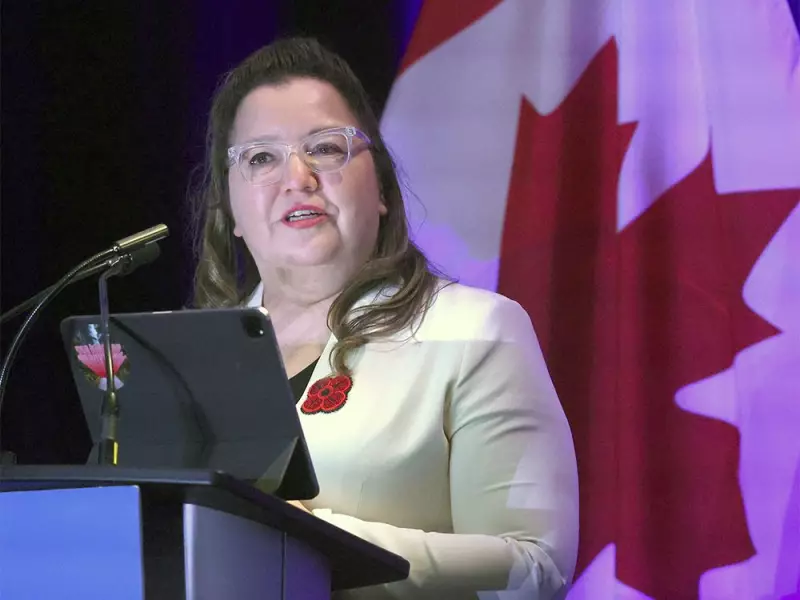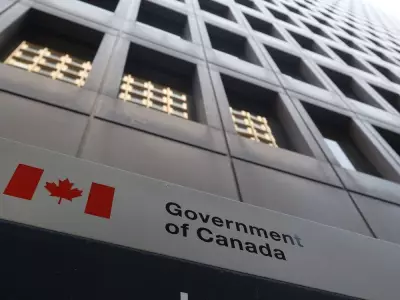
The Assembly of First Nations (AFN) is expressing profound disappointment with the Liberal government's 2024 federal budget, characterizing it as a significant missed opportunity to address long-standing inequities facing Indigenous communities across Canada.
AFN National Chief Cindy Woodhouse Nepinak didn't mince words when assessing the financial plan, stating it "falls short of the mark" for First Nations people. The budget, released Tuesday, fails to deliver the transformative investments needed to close the infrastructure gap and properly implement critical policies like Jordan's Principle.
What's Missing from the Budget?
According to Woodhouse Nepinak, several key areas received inadequate attention:
- Critical infrastructure deficits in First Nations communities
- Full implementation and funding for Jordan's Principle
- Substantial investments in First Nations health
- Addressing the housing crisis in Indigenous communities
The National Chief emphasized that while the budget contains some positive elements, they represent merely "a drop in the bucket" compared to what's actually required to achieve meaningful progress.
The Human Cost of Underfunding
Woodhouse Nepinak highlighted the real-world consequences of budgetary neglect, pointing to the ongoing tragedy of First Nations children being forced to leave their communities for essential medical care. "We're still fighting to keep First Nations children home with their families and in their communities," she stated, underscoring the urgent need for proper Jordan's Principle implementation.
The disappointment comes despite the AFN's extensive pre-budget consultations and submissions outlining clear priorities and funding requirements. The organization had presented detailed proposals to the federal government, making this budget's shortcomings particularly frustrating for Indigenous leaders.
A Call for Action
While acknowledging some positive measures in the budget, the National Chief made it clear that much more needs to be done to fulfill the government's commitments to reconciliation and closing the quality-of-life gap between Indigenous and non-Indigenous Canadians.
The AFN's response signals ongoing tensions in the relationship between First Nations leadership and the federal government, particularly concerning the translation of reconciliation rhetoric into concrete budgetary allocations.





